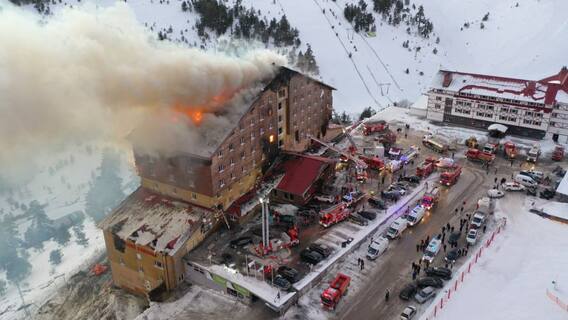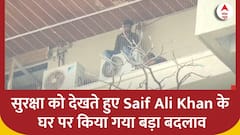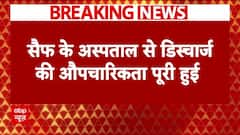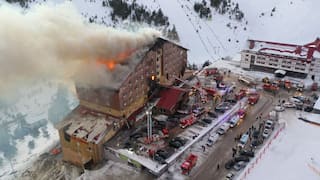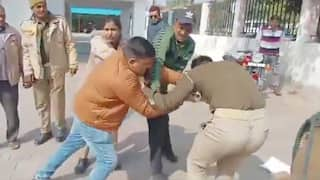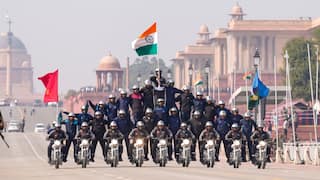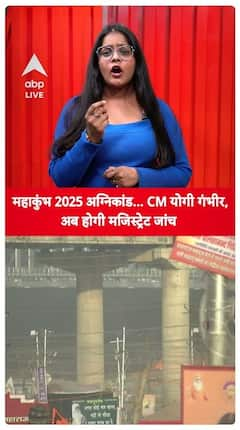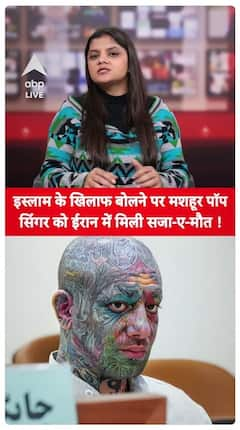Pak-run govt. in Balochistan failing to ensure free press

Quetta (Balochistan) [Pakistan], Jan.16 (ANI): For the first time in the history of Pakistan, threats from insurgents have brought newspaper distribution across Balochistan, including in capital Quetta, to a grinding halt.
According to an article published by the web site newslinemagazine .com, 22 press clubs have been shut down so far in Balochistan, most of them located in the central and southern parts of the province.
A reason for this is the ongoing tussle between the Balochistan government (which many say is administered from Islamabad) and the so-called Baloch insurgents over the implementation of the National Action Plan (NAP), which has put an end to the publication of statements issued by the latter.
This unsettled province of Pakistan has been undergoing a low-level insurgency since 2005, with several rebel groups fighting for control and acknowledgement as the rightful representatives of the people of the province, and them claiming responsibility for carrying out several attacks on security forces over the last decade.
The implementation of the NAP has resulted in newspapers stopping the carrying of statements of banned outfits for more than a year, and being countered by insurgent groups such as the Baloch Liberation Front (BLF) reportedly with threats to media houses to choose whether they would carry the statements, or face an indefinite forced suspension of newspaper distribution.
Since the end of October last year, there have been a string of attacks on media houses, press clubs, media distribution vans and individually on journalists. On October 25, a hand grenade was flung into the Hub Press Club, wounding six journalists.
Currently, according to the web site, all individuals with any connection to the media are at risk of being attacked by Baloch separatists, and this has necessitated in security being beefed up at these institutions and issuing of instruction to journalists, hawkers, and transporters to stay away from press clubs and newspaper offices, particularly at night.
Newsline has quoted Khalil Ahmed, the president of the Balochistan Union of Journalists (BUJ), as saying that the Balochistan government has not taken the threat of insurgent groups seriously, and, as a consequence, journalists are suffering.
"Working under a cloud of fear and uncertainty in Quetta has killed the creativity of journalists," Ahmed adds.
Letters have been forwarded to the Inter-Services Public Relations (ISPR), the All Pakistan Newspapers Society (APNS), and the Council of Pakistan Newspaper Editors (CPNE), but to no avail.
Journalists are questioning the implementation of the NAP. Most believe that given the volatile security situation in Balochistan, the statements of insurgents should be published and accepted as a bitter pill to be swallowed.
Balochistan's Inspector General (IG) of Police has told media personnel that publishing the claims of insurgents in newspapers, makes it easier for the police to carry out investigations.
Newsline quotes Bahram Baloch, the President of the Gwadar Press Club, as saying that it is no longer possible for journalists to work post attacks by insurgents in Hub and Turbat.
The newspaper distribution business in Balochistan has also been hard hit economically, and some like Mullah Riaz's Al-Badar Bookstall in Gwadar have even suspended operations.
Media activity in Blaochistan's second largest city Khuzdar has come to a grinding halt. Freedom of the press in Balochistan is under threat and if the government does not remedy the situation, matters could get worse.
The provincial government has said that it is dealing with the current situation as per law and maintains that the insurgency does not have the support of the masses.
The current situation in Balochistan, therefore, runs contrary to the provincial government's claims that conditions are improving. (ANI)
This story has not been edited. It has been published as provided by ANI
Trending News
Top Headlines










